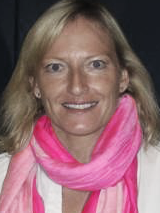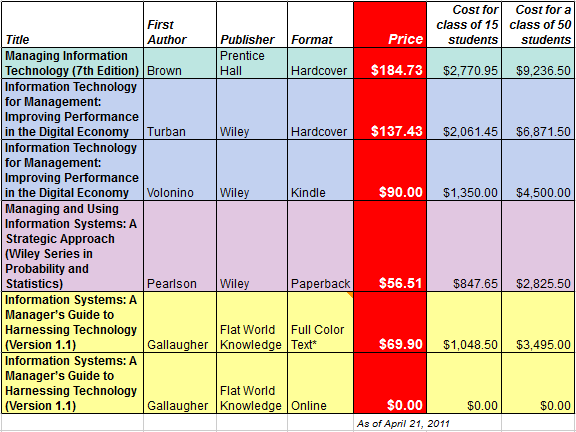As 2011 slowly drifts away, I'd like to come back to a topic that has been on my mind a lot this year, and speculate on some trends for the upcoming decade. That topic is curation.
As we have all noticed, information available on the internet is limitless, and the frontier of that universe is expanding exponentially at every instant. People struggle with dealing with all that information. News organizations used to filter the content we were exposed to, now we get bombarded from all directions.
Technology got us here, but technology will not be able to bring back sanity, at least not on its own.
Enter the age of Web 3.0
 I stumble upon this blog post titled Forecast 2020: Web 3.0+ and Collective Intelligence by Glenn Remoreras.
I stumble upon this blog post titled Forecast 2020: Web 3.0+ and Collective Intelligence by Glenn Remoreras.In 10 years, humans and computers will join forces to create “collective intelligence”. Technology will evolve as such that the Internet (and information within it) will be accessible and available to everyone— this will exponentially increase the already massive data we exchange today. How we (and machines) will make sense of as well as analyze and synthesize this collective information, is what will bring us to Web 3.0 and beyond.The Economist made a similar point in its December 3rd, 2011 edition. In an article titled Return of the human computer, they link the principles behind the 1930s creation of mathematical tables used by scientists to today's crowdsourcing startups.
The new generation of human computers carry out different tasks, but they mirror their predecessors in many other ways. They are being drafted in to perform tasks that computers cannot. They are employed in large numbers and are organised into streamlined workflows. And, as was the case in the age before electronic computers, their output is combined to generate results that could not easily be produced in any other way.There are operations that machines do best, and others that computers do best. In the March 2010 edition of Wired, Clive Thompson describes the cyborg advantage. "Back in 1997, IBM’s Deep Blue supercomputer struck a blow for bots when it beat Garry Kasparov at chess".
[...]
Eric Horvitz, a researcher at Microsoft’s research labs in Redmond, Washington, has considered how such software could be put to use. He imagines a future in which algorithms co-ordinate an army of human workers, physical sensors and conventional computers. In the event of a child going missing, for example, an algorithm might assign some volunteers to search duties and ask others to examine CCTV footage for sightings. The system would also trawl local news reports for similar cases. These elements would be combined to create a cyborg detective.
Learning from this experience, Kaparov created advanced chess, a competition where participants would use computer software to assist them in their decision process.
At a “freestyle” online tournament in 2005, where any kind of entrant was allowed, such human-machine pairings were absolutely awesome. In fact, the overall winner wasn’t one of the grandmasters or supercomputers; it was a pair of twentysomething amateurs using run-of-the-mill PCs and inexpensive apps.
What gave them the upper hand? They were especially skilled at leveraging the computer’s assistance. They knew better how to enter moves, when to consult the software, and when to ignore its advice.
What this means for education
In answering what curation is, social media and education expert Howard Rheingold states:Curation, like making a website, is an act of self-interest that enriches the commons and benefits everybody. I need to search, scan, and select the best resources I can find for my own personal interests, and by making my choices available to others, I create a resource for many besides myself. Curation is also a signal to others who share my interests, people I probably would not have known or known about otherwise, who, in turn, suggest resources to me. I feed the networks of people who do me the honor of valuing my choices, and they feed me back. It’s about knowing, learning, sharing, and teaching, all in one.As educators and students alike become curators themselves, and start connecting to other people's streams, they become a part of the human-machine system that creates the collective intelligence Remoreras described. Whether this process is enabled or crippled by our education system is up to all of you, fellow educators.
See you all, connected, in the future!


